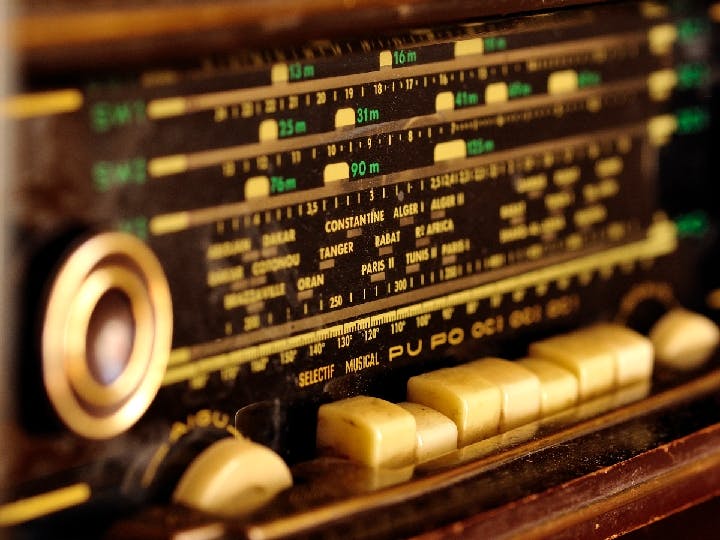The dying flame of independent radio in Burundi
– Srujan Hande
Burundi’s government has led a war on independent radio in the country. Among the casualties are free speech and political opposition.
Even as much of the world is enveloped by tweets and hashtags, the power and popularity of the radio within Africa grows. Between 2000 and 2006, the number of local commercial radio stations grew by 360 percent in 11 African nations (states chosen as representative of the continent as a whole). Community radio has expanded even more drastically, with the number of stations exploding by more than 1,300 percent over the last two decades.
In countries without a strong communications infrastructure, radio remains a powerful tool to spread news and commentary. Little surprise, then, that radio stations have been the targets of violence by those who want to control the spread of information.
In April 2015, Pierre Nkurunziza, the current two-term president of Burundi, announced that he would run for a third term as president. Fifteen years ago, in Burundi’s foundational peace agreement, it was clearly stated that no president shall run for more than two terms. More recently, Nkurunziza has argued that because he was not popularly elected to his first term (he was installed by the parliament), he should be able to run again. Many in Burundi fear that his continued control of the government could spark the return of civil war, like the one that raged for more than a decade before the peace agreement was reached in 2000.
In recent years, one of Burundi’s key independent radio stations was RPA, a public media outlet that reported on scandals and the corruption inside Burundi’s government. It was not the face of opposition toward the government, it was simply an independent radio station that freely discussed the illegal actions and rampant corruption of Burundi’s ruling party. Because it reported this news, the radio station was promptly shut down when public protests erupted in opposition to the president’s campaign for a third term.
In the months leading up to the president’s campaign announcement, many RPA reporters received death threats. Others faced trumped-up allegations and kabuki prosecutions. Bob Rugurika, RPA’s director, was arrested and charged with complicity in murder, harboring criminals, and violating the confidentiality of a judicial investigation. After a month in detainment, he was released and all charges were dropped. Eluoge Niyonzima, a popular RPA reporter, has covered controversial issues including arms distribution and militia training orchestrated by the government in the Democratic Republic of Congo. In 2012, while at a bar, Niyonzima was surrounded by the Imbonerakure, the youth group of the ruling party, and was nearly beaten to death.
RPA’s headquarters in the Bujumbura, the capital of Burundi, have been reduced to ruins. In May 2014, presidential loyalists ransacked and set fire to the station’s offices. Nationwide, independent media has been shut down. Only government-run radio stations are still operating, though listeners can still scan their radio dials and find international stations run by the BBC and Radio France.
Radio has long played a critical role in Africa’s public life. Its history in the region surrounding Burundi is especially dark. During the Rwandan Genocide of 1993, one of key instigators that aided in the mass killing of the Tutsis by the Hutus was the radio station RTLM. For extremist Hutus, RTLM was a major source of information regarding the location of Tutsis and moderate Hutus. It was a one-way communiqué that aided in the genocide of the Tutsis. Though Burundi’s RPA was an independent radio station, its loss could allow for the growth of majoritarian media outlets like RTLM — radio stations that support the ongoing violence and contribute to societal instability.
In Burundi, Rwanda’s dark broadcasts of 1994 have a modern echo. Unlike before, the threat is not a call to violence; it’s the utter absence of any possibility for opposition.
* * * Further reading:
Mary Myers, “Voices From Villages: Community Radio in the Developing World,” Center for International Media Assistance, February 2015.
Jessica Hatcher, “Burundi’s Radio Silence: Political Crisis Forces Stations Off Air,” Al Jazeera International, May 20, 2015
Jason McCoy, “Making Violence Ordinary: Radio, Music and the Rwandan Genocide,” Africa Music 8 (2009): 85.
Photo courtesy of Flickr/chronowizardmg
